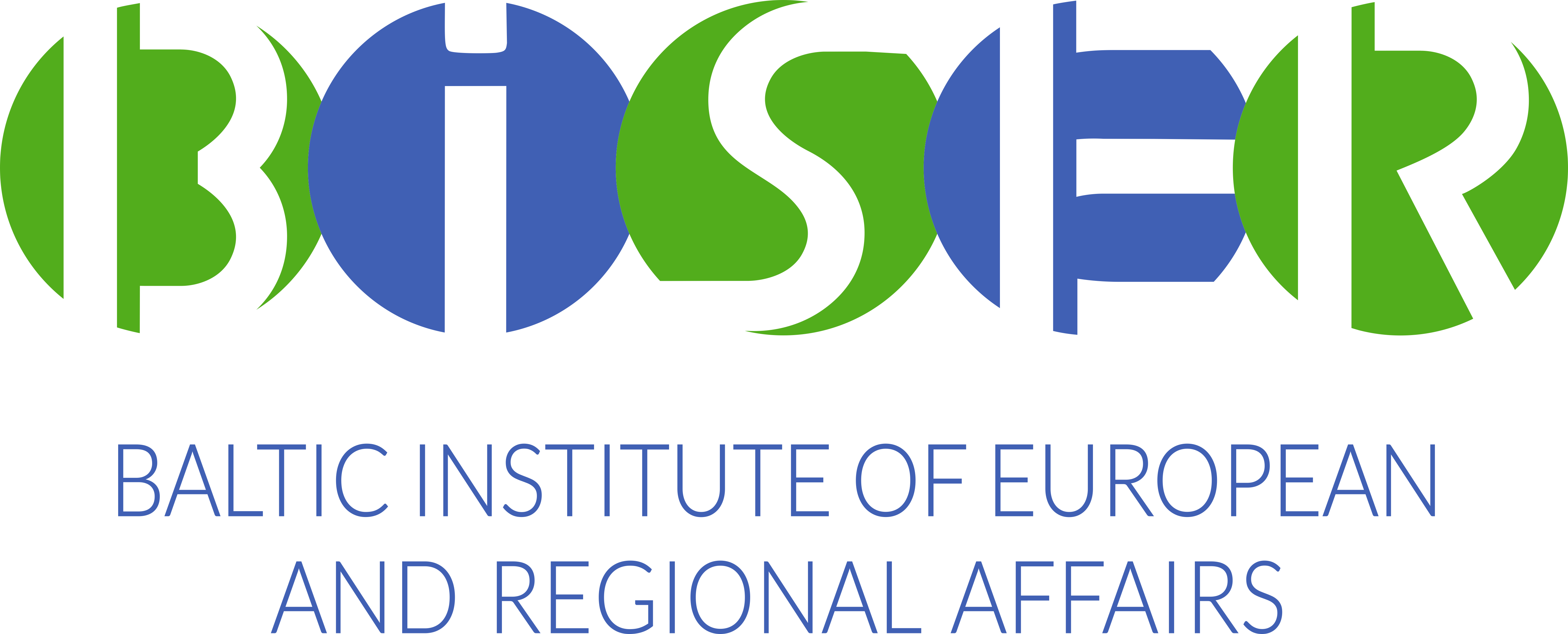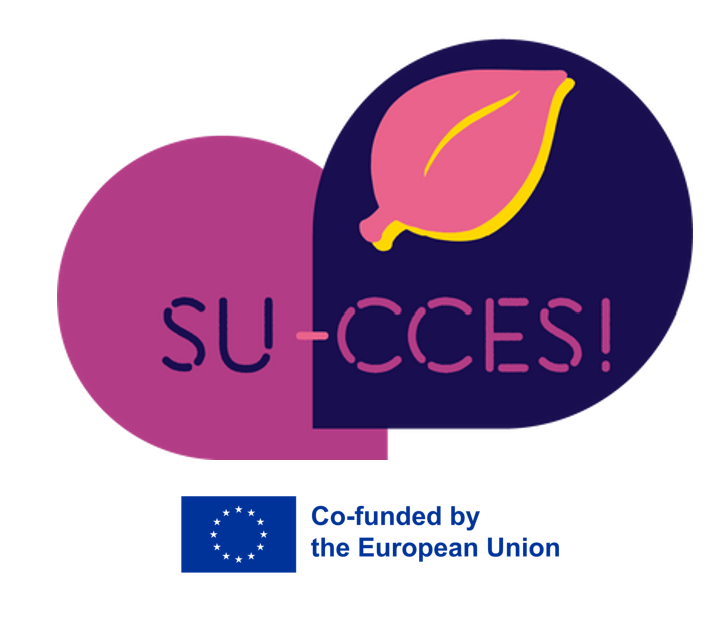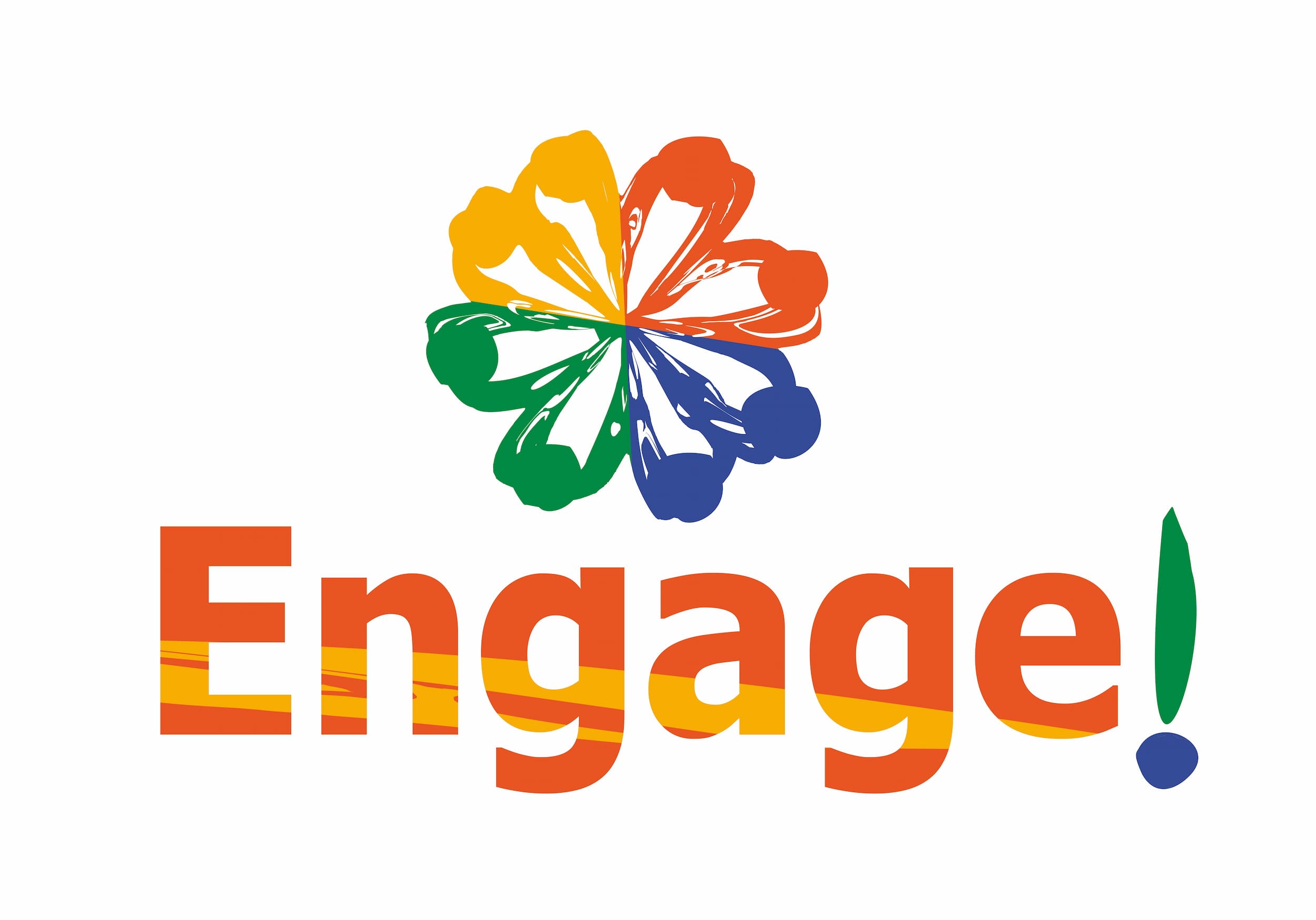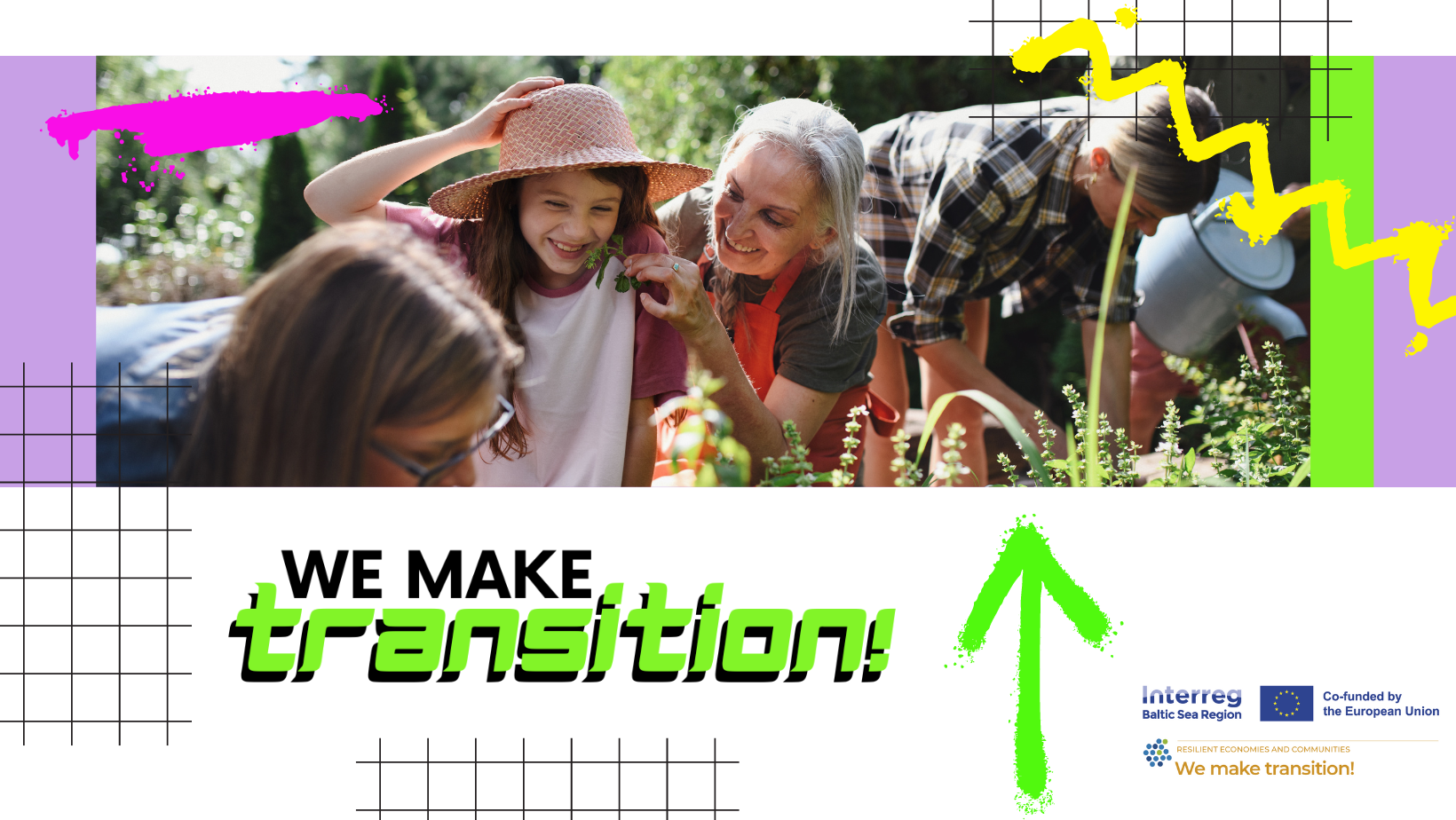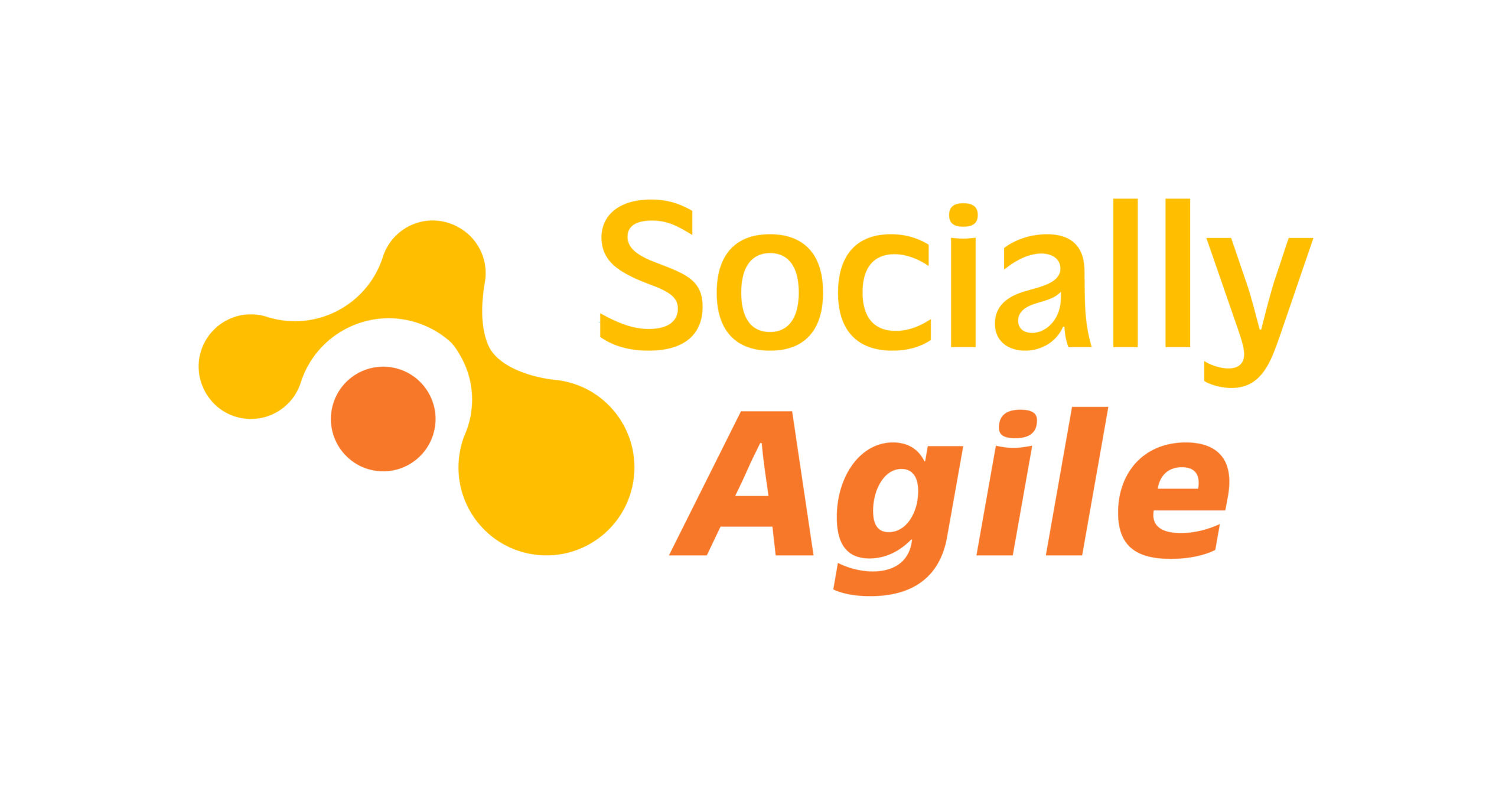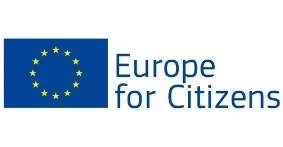In our SENBS2 project, our aim is to contribute to the share of best practice and knowledge on social entrepreneurship in the Baltic Sea Region. We wish to present to you great examples from European colleagues, examples gathered by Interreg Europe Programme and presented in 2020 via webinar: “Business support schemes for social enterprises”.
Read the short introduction below and check the webinar’s presentations. You can watch the whole 1,40h webinar on YouTube, just click on the given link and get yourself inspired by these wonderful examples.
Social enterprises play an important part in the European economy. The equivalent to about 6.3% of the working population of EU and 2.8 million entities are involved in the social economy according to a report from 2016. The European Union has acknowledged the importance of social enterprises since the Social Business Initiative was launched in 2011.
Work is underway to produce a European Action Plan for Social Economy. Already in 2018 Social Economy Europe produced a set of recommendations for an European Action Plan. The task of producing the final Action Plan has been given to Nicolas Schmit, the new Commissioner for Jobs and Social Rights. This shows that social economy and social enterprises are increasingly high on the EU policy agenda.
Our Interreg Europe project partners and practitioners from social enterprises support organizations shared their experiences in providing effective business support to social enterprises. Discover the importance of the social economy in the webinar replay below and presentations.
Presentations
The webinar was hosted and introduced by Thematic Experts of SME competitiveness Mart Veliste and Rene Tõnnisson. This was followed by presentations from Interreg Europe projects and stakeholders. Access the presentations below:
- Gael Drummond from Firstport presented Scotland’s agency for start-up social entrepreneurs and enterprises
- Mauricio O´Brien from COOPERACTIVAS presented – A community based support approach for the enhancement of social economy
- Alexander Kesselring from ASHOKA presented how social enterprises can be financed effectively
- Alexander also shared a relevant document from Finance4SocialChange: Summary report on good policy making practices
Paula Santarén Rodríguez from ACCIÓ presented the internationalisation of social enterprises and
a change in the local development strategy – how the RaiSE project had an impact in the Örebro region – presented by Paula Santarén Rodríguez on behalf of Anders Bro from Region Örebro County
Once more a link to the webinar here: https://www.youtube.com/watch?v=hwf5fj7iL8Q
This publication has been prepared within SENBS project No. 2020- 1-EE01-KA204-077999. The content of this publication is the sole responsibility of the project coordinator and may not always reflect the views of the European Commission or the National Agency.
